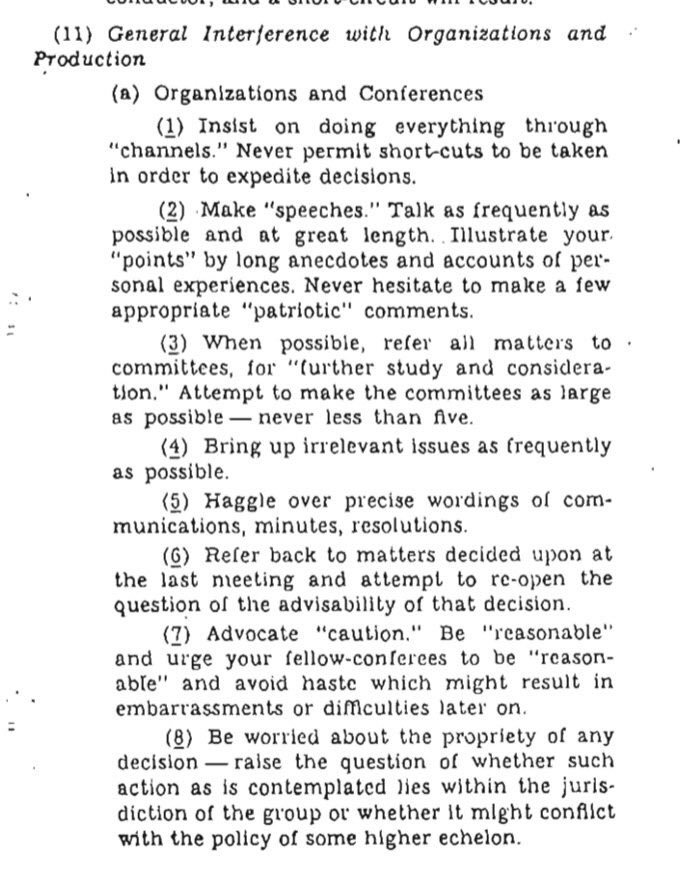“One of the most salient features of our culture is that there is so much bullshit. Everyone knows this, but we have no clear understanding of what bullshit is, why there is so much of it, or what functions it serves.” – Harry Frankfurt On Bullshit
Many people in the social sector will have heard about the 80/20 rule – that 80% of the demand comes from 20% of users.
It’s one of those things that seems to intuitively make sense. If we can solve the problem of the 20% of people who are sapping all our resources – then the world would be a much better place.
Except of course….it’s bullshit.
Recent work by our own Insight team found the belief that a small group of users were responsible for a disproportionate amount of contact with us simply had no foundation.
So why do these myths – dangerous in that they lend themselves to silver bullet solutions – swirl around the modern workplace?
John V. Petrocelli is the author of a new paper which looks at the Antecedents of Bullshitting and the conditions that need to exist to encourage people to bullshit.
First of all, bullshitting is not the same as lying, which is a deliberate and premeditated attempt to conceal the facts.
By contrast, bullshitters may or may not know what the truth is. They are simply communicating with little or no regard for evidence, established knowledge, or truth.
Petrocelli ran two experiments that revealed major factors that might cause someone to bullshit:
- Firstly, people bullshitted most when they felt pressure to provide an opinion and believed their audience didn’t know much about the subject. Even though they may not have the knowledge or experience to have an informed opinion, the social pressure to contribute something kicked in.
- Secondly, if there is no accountability for bullshit, it’s more likely to happen. People appear to be more likely to bullshit when it’s perceived as acceptable or relatively easy to do without challenge.
As Petrocelli says – it seems unlikely that people are generally ready to admit to bullshitting, so it’s even more important we understand the psychological processes that both enable people to communicate with little to no concern for evidence as well as the processes that explain why people accept so much bullshit without questioning its validity.
So how can we stem the flow of BS and encourage people to challenge its validity?
Four Tactics That May Reduce Bullshit
Get Better At Problem Definition
Many of our organisations have a bias towards getting quick answers. We favour execution rather than contemplation. Great performance at work is usually defined as creating and implementing solutions, not finding the best problems.
So we need to build a culture around asking:
- Is that really true?
- Do we honestly know that?
- Where’s the evidence on that?
Simply calling each other out on potential BS has to become a leadership behaviour.
Hold Fewer Meetings
Bullshitting is hard work. It requires the capacity to continually come up with new, over-packed, ambiguous concepts -so said Andre Spicer
As Spicer points out managers and employees can spend large chunks of their day attending meetings or implementing programmes actually disconnected with the core processes that actually create value.
Pointless meetings are a breeding ground for bullshit – something that’s been known for a long time. In 1944, the CIA’s precursor, the Office of Strategic Services, created the Simple Sabotage Field Manual that was designed to advise Europeans about effective ways of frustrating and resisting Nazi rule.
It advises people to “talk as frequently as possible and at great length,” “bring up irrelevant issues,” and “hold conferences when there is more urgent work to do.”

Meetings are often opinion, rather than evidenced based.
Stop Asking Everyone’s Opinion
The modern organisation is obsessive about collaboration and consultation – but encouraging everyone’s opinions on everything invites bullshit.
Social media should have taught us by now that more opinions aren’t necessarily better. We’re inclined to believe what we see on social media because it comes from people we trust: our friends, our family, and people we have chosen to follow because we like or admire them. However, most of us know deep down that what our families and friends say is hardly ever evidence-based.
The same applies to work. More consultation = more bullshit.
Ban PowerPoint
Presentations at team meetings are the modus operandi of the skilled bullshitter – and used to propagate all sorts of half-baked propositions in a way that few would dare challenge.
Not for nothing does Jeff Bezos ban presentations at Amazon -insisting that Powerpoint-style presentations give permission to gloss over details, flatten out any sense of relative importance, and ignore the interconnectedness of ideas.
There’s one big tactic for battling bullshit that Petrocelli identifies:
Evidence.
Certainly, we’ve become much more focused on being an evidence-based organisation – as Carole Clarke writes – we increasingly need to become more rigorous in how we evaluate the impact of our services so that we can say with a lot more confidence that things work.
We need to bust myths. Slay Zombie Projects. And wage war on jargon.
An indifference to evidence breeds an indifference to the truth.
Nudging our organisations towards a more evidence-based culture becomes the surest way to stem the flow of bullshit, if not kill it.

Leave a comment